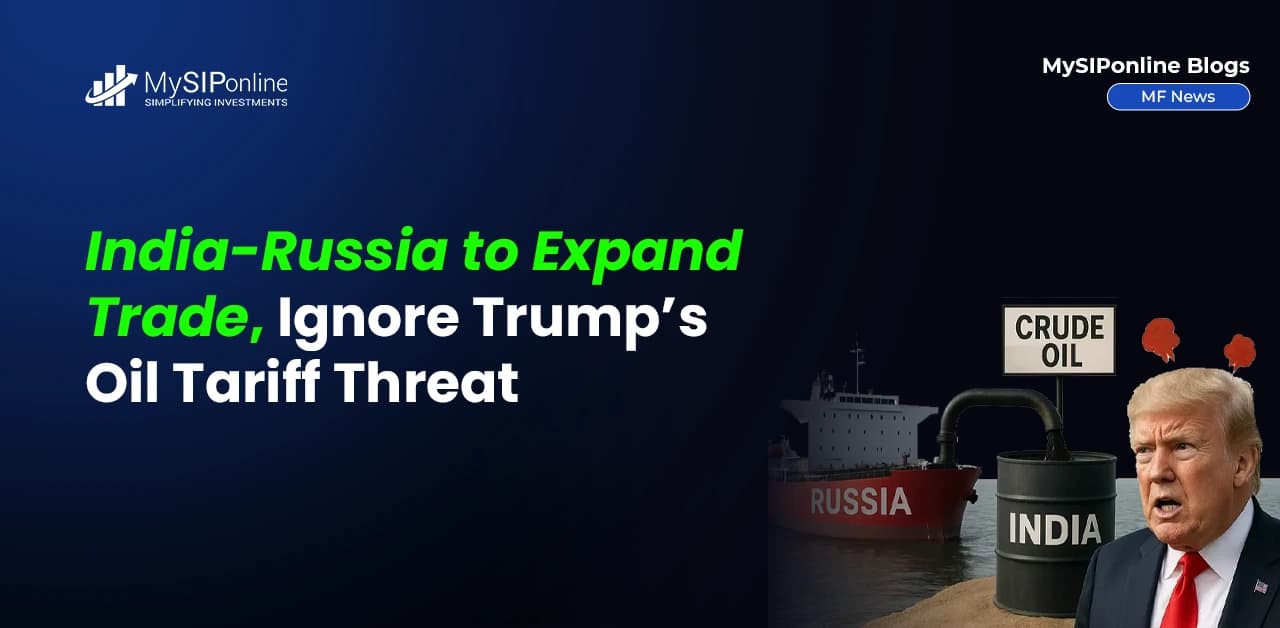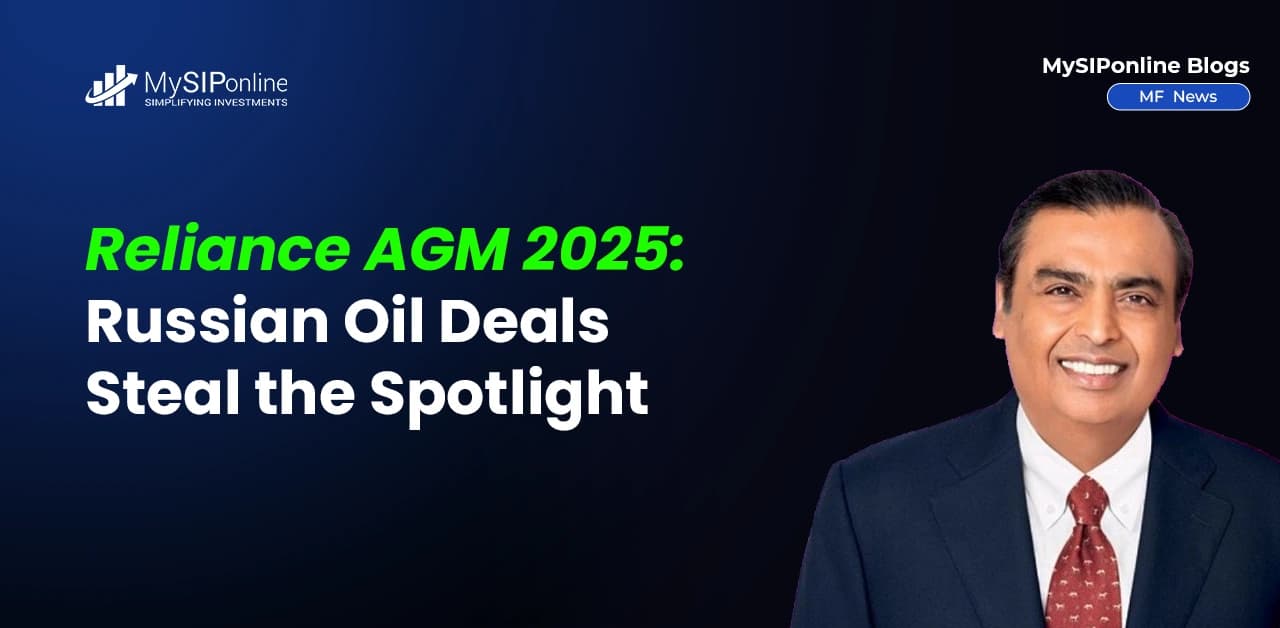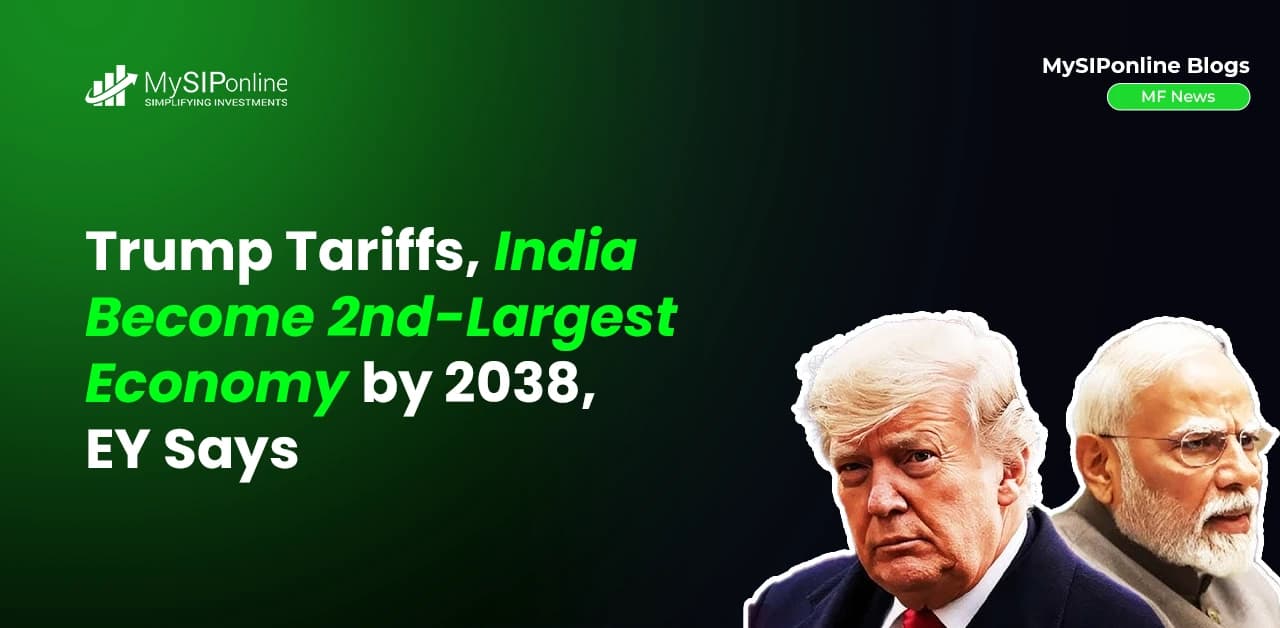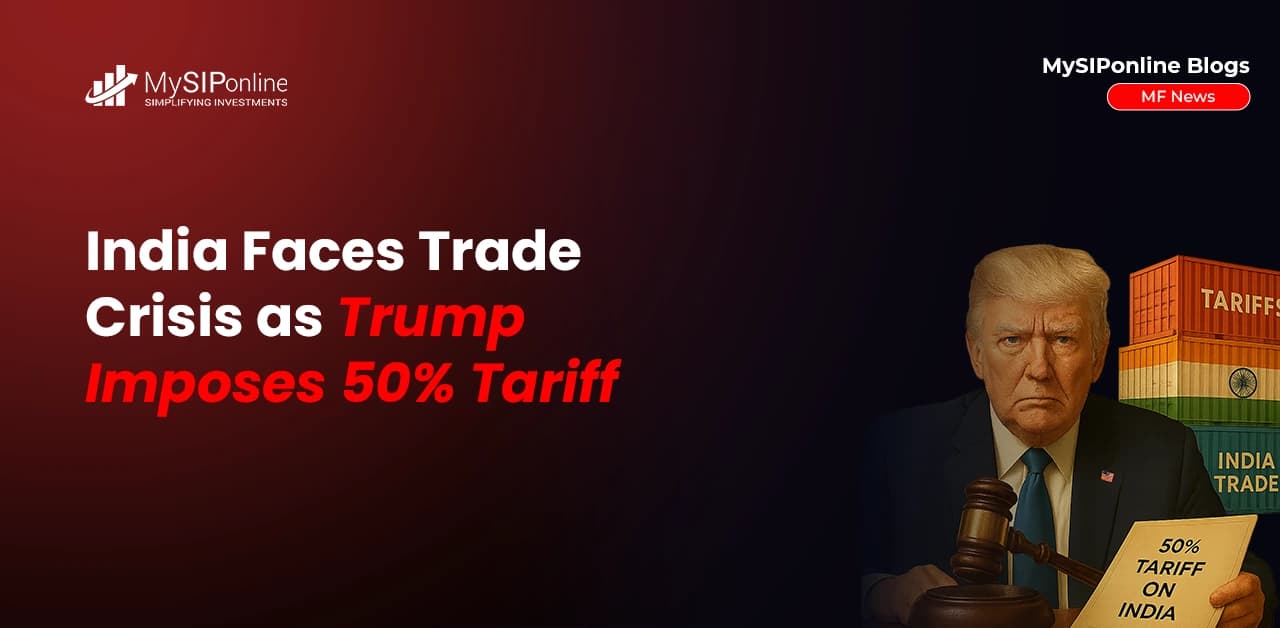On Thursday, 21 August 2025, India and Russia agreed to expand their trade on a bilateral basis, showing that the tariff pressure from the U.S. over Russian oil purchases on New Delhi is unlikely to unsettle their partnership. After the Trump administration increased tariff threats on Russian energy imports, India currently faces additional tariffs of up to 50% on goods shipped to the U.S.
Subrahmanyam Jaishankar said at a joint press conference in Moscow, " India-Russia relations were among the most stable of the significant relationships in the world after the Second World War." Jaishankar also admitted, " Both countries vowed to increase the bilateral trade, including expansion in India's exports of pharmaceuticals, agriculture and textiles to Russia and help to reduce the current imbalance."
For the year ended March 2025, the bilateral trade between New Delhi and Moscow reached a record of $68.7 billion, with India's enhanced oil imports contributing to a $59 billion debt. Jaishankar also added that other plans between the two countries include sending Indian workers with IT, construction, and engineering skills to help Russia overcome its labor shortages.
Sergei Lavrov, the foreign minister of Russia, said that the cooperation with the Indian market in the hydrocarbon sector and Russian oil shipments are "making wide strides.” He said both sides remain committed to implementing joint energy production projects in the Russian Far East and the Russian Arctic shelf, among other sites. Adding to it, Lavrov also stated that, " This strategic partnership will contribute to regional security and stability, which is undoubtedly essential considering the challenging international circumstances that we are operating under."
Also Read: How Will Trump's 25% Tariff Affect Indian Exports? Find Out Now
While arguing that India's increased imports helped Moscow's war in Ukraine financially, Western governments have imposed sanctions on Moscow. New Delhi has pushed back, pointing out the U.S. and European Union’s continued trade with Russia and saying the U.S. administration requested the purchases to keep the markets calm.
On Wednesday, the officials of the Russian embassy in New Delhi stated that oil shipments to India will continue despite U.S. pressure, adding that a trilateral meeting with Moscow, India and China would take place soon. The charge d’affaires at the Russian embassy in India, Roman Babushkin, told a press conference, "Despite the political situation, we can predict that the same level of oil will be imported [by India]."
A research individual at S. Rajaratnam School of International Studies said, "Russia has been a close strategic partner of India since the 1970s and the Trump administration’s tariff threats are not going to change that.” Balazs added “On the contrary, it might even act as a catalyst,” prompting New Delhi to agree to a trilateral meeting that Moscow sought to broker with China.
As per the U.S. Energy Information Administration, India was the second-largest buyer of Russian oil, importing 1.6 million barrels per day in the first half of this year, up from 50,000 bpd in 2020, though still trailing China’s 2 million bpd imports.
Washington hasn't imposed secondary tariffs on China for its Russian oil purchases. U.S. Treasury Secretary Scott Bessent noted that China's imports are viewed as less shocking since it was already a major buyer before the Ukraine invasion. However, Washington has increased criticism of India recently, accusing the nation is profiting from cheap Russian crude and threatening higher tariffs on Indian goods.
Must Read: Will U.S. Tariffs Impact Nifty Pharma's Growth in 2025?
Ceasefire is on the Table
Trump's strategy is less about cutting into Moscow's oil income and more about messing with trade relationships, especially with India, as he angles for a ceasefire in Ukraine. Just last week, he greeted Putin in Alaska for Putin’s first trip to the U.S. in a decade. However, no significant progress was made toward a ceasefire, and Russia has stated its opposition to a short-term deal.
Lavrov mentioned briefing Indian officials on these discussions at the joint news briefing on Thursday.
Jaishankar stated, “India’s approach emphasizes dialogue and diplomacy as essential to resolving differences.”
Related Blogs:
- What is Nifty 100? Complete Guide with Nifty 100 Stock List
- What is Nifty 500 Index and How to Invest?











